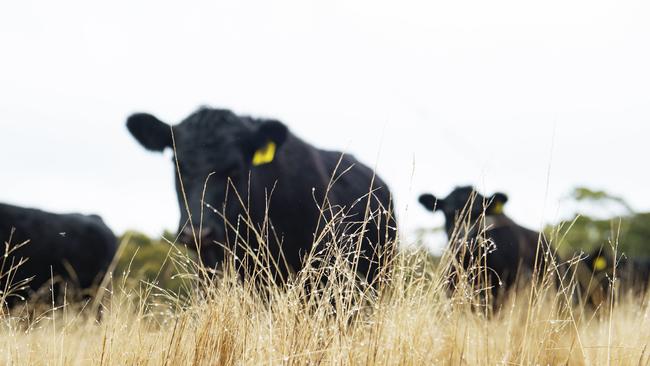CN2030 target shows red meat industry takes the lead in emissions reduction
Industry leaders in the red meat sector are urging a wider adoption of their carbon emissions reduction targets, which aim to achieve net zero by 2030.

The red meat industry is urging the wider economy to set similar emissions targets as the goal it ambitiously outlined in 2017.
Earlier this week the Federal coalition government was yet to set its climate policy regarding the proposed net zero emissions by 2050 goal Australia is being urged to adopt.
Despite the impact on agriculture cited by coalition partner, the Nationals, as one reason to be wary of such targets, the Red Meat Advisory Council launched the industry’s carbon neutral 2030 aspiration five years ago.
Now, Cattle Council president Markus Rathsmann said if every sector made the same reductions as the beef industry, Australia would have already doubled the targets under the Paris Climate Agreement.
“The beef industry has already cut its carbon footprint in half since 2005,” Mr Rathsmann said.
“There is no other industry sector in Australia that comes close when cutting carbon emissions.”
Mr Rathsmann said it was important cattle producers were rewarded for this work on behalf of the wider community and for states to engage with producers managing landscapes.
Meat and Livestock Australia sustainability innovation manager Doug McNicholl said he was optimistic about achieving the CN2030 goal.
“I’m optimistic because I understand the science and the technologies that are with us now or coming down the pipeline and MLA’s role as a research and development company is to convert that optimism to change on the ground,” he said.
“Seventy five per cent of the challenge for the industry to achieve CN30 is adoption related. “We can’t just sit back and wait for some amazing technology to solve our problems and our job is to get these technologies into an investment-ready state.”
MLA has two major partnerships for this. The emissions avoidance program has feed additives as well as forages for grazing that reduce methane emissions, and genetic technologies for lower methane production.
A carbon storage partnership aims to accelerate carbon sequestration storage through vegetation management.




